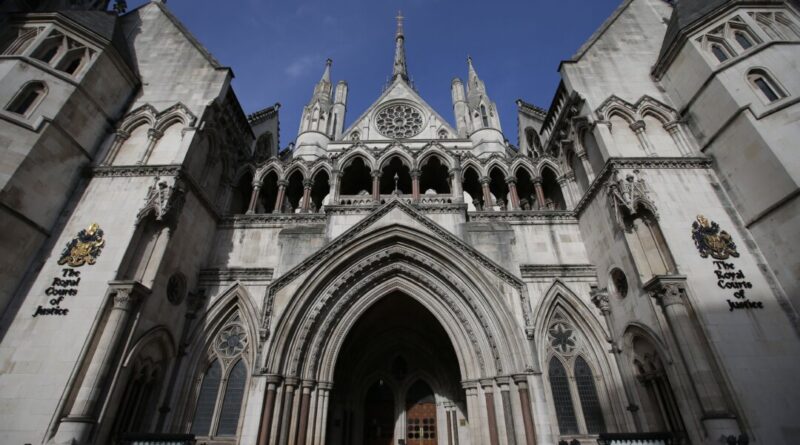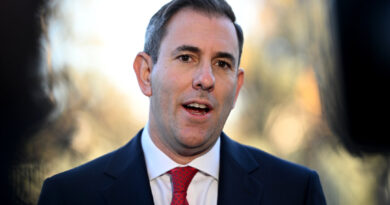High Court Approves Mothers’ Legal Challenge Regarding 2-Child Limit And ‘Rape Clause’
Campaigners are calling on the government to eliminate ‘inhumane benefit rules’ that contribute to child poverty.
The High Court has granted permission to two mothers who bore children through rape or coercion to legally challenge the regulations concerning the two-child benefit limit policy.
Both women were impregnated with two or more children without their consent while in abusive relationships that began in their teenage years.
The second woman, referred to as LMN in the case, has six children, all conceived with abusive partners.
They assert that the policy violates their rights under Article 3 of the European Convention on Human Rights, which prohibits degrading and inhumane treatment.
2-Child Cap
The two-child limit was established in 2015 and pertains to families with a third or subsequent child born after April 2017 who are claiming means-tested Child Tax Credit or Universal Credit, which is replacing Child Tax Credit.
An exception to the two-child limit exists when a child is conceived non-consensually, but it only pertains to third or subsequent children in the household. Commonly referred to as the rape clause, this exception can be applied when the woman was in an abusive relationship.
Regarding the two mothers’ case, the head of strategic litigation at CPAG, Claire Hall, stated, “Both of these women are subject to the two-child limit despite the fact that they have conceived children non-consensually.
“And the reason for that is because the exemption only applies to third or subsequent children, and we’re saying that they should be able to get the exemption for the non-consensually conceived children, irrespective of at what point they are born.”
Communicating through the charity, the mother known as EFG remarked, “If I had been raped after my first two children were born, the exceptions would be applied, so basically [the DWP] are telling me that I was raped at the wrong time.”
“The claims are properly arguable with a realistic prospect of success,” Fordham said.
A DWP spokesperson mentioned that the department cannot provide comments on ongoing legal cases. Although no date has been set, CPAG anticipates a hearing in the coming year.
Costs
CPAG has estimated that the current benefits policy has deprived the two women of thousands of pounds in support.
The charity also noted that while the woman identified as LMN eventually received an exception for her youngest child, she missed out on years of financial assistance, which will not be retroactively compensated.
CPAG Chief Executive Alison Garnham labeled the two-child limit as “harsh” and advocated for the policy’s elimination.
“The families in this case are endeavoring to rebuild their lives after enduring many years of abuse. However, their journey is made more challenging by cruel benefit regulations that add more suffering to those they are meant to safeguard,” stated Garnham.
Labour affirmed its commitment to eradicating child poverty but stated that it cannot afford to abolish the two-child limit due to unforeseen higher borrowing.
Prime Minister Sir Keir Starmer acknowledged that there is “no silver bullet” to ending child poverty but recognized the “passion” of backbenchers who opposed the benefit cap.





